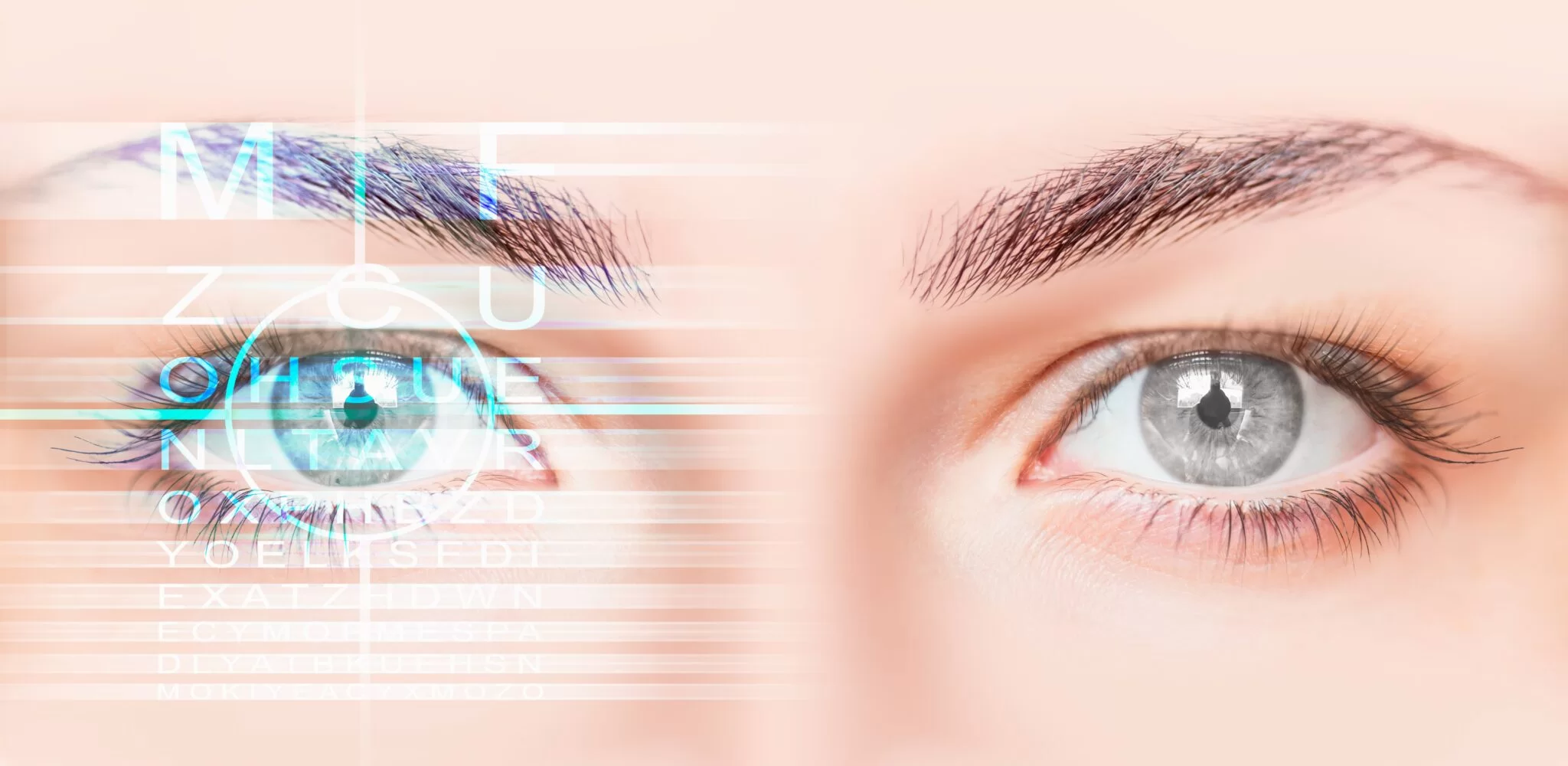QUICK APPOINTMENT FORM

What is Keratitis?
Keratitis is an inflammation of the transparent dome-shaped cornea layer in the front of the eye. The cornea is an important layer of tissue that allows light to enter the eye and allows us to see clearly.
Keratitis can be caused by a variety of causes, including infections, injuries, autoimmune diseases and allergies. Keratitis treatment varies depending on the underlying cause.
How Keratitis Occurs?
While keratitis can cause symptoms such as eye pain, redness, blurred vision and sensitivity to light, there are many causes that are effective in the formation of keratitis. Various microorganisms, including bacterial, viral, fungal and parasites, can cause keratitis. The most common types of infection are.
- Bacterial keratitis is usually caused by bacteria such as Pseudomonas aeruginosa and Staphylococcus aureus.
- Many viruses can cause keratitis, including herpes simplex virus (HSV), chickenpox virus and varicella-zoster virus (VZV).
- Fungal keratitis is usually caused by fungi such as Aspergillus and Fusarium.
- Acanthamoeba keratitis is a rare parasitic infection and is usually seen in contact lens wearers.
Trauma such as scratching or puncturing the eye can cause keratitis, while dry eye can also lead to inflammation of the cornea and keratitis. Some allergies as well as some autoimmune diseases such as rheumatoid arthritis and lupus can cause keratitis.
Improper use or prolonged use of contact lenses can also cause keratitis.
What are the Symptoms of Keratitis?
If you are experiencing symptoms of keratitis, it is important to see an ophthalmologist immediately. Early diagnosis and treatment can help prevent permanent vision loss. In particular, the most common symptoms of keratitis include the following.
- Redness, the most common symptom of keratitis, can range from a mild pink to a severe red.
- There may be mild or severe eye pain and it may be sharp or stinging.
- The eyes may be sensitive to light and may feel uncomfortable in bright lights.
- Blurred vision may be mild or severe and may occur in one or both eyes.
- There may be excessive watering from the eyes.
- There may be burrs and crusting in the eyes.
- There may be a stinging sensation as if there is a foreign body in the eyes.
- There may be a feeling of itching in the eyes.
- In some cases, it may be difficult to keep the eyelids open.
Keratitis Treatment
Keratitis can have many different causes and depending on the cause, treatment options vary. The types of keratitis include.
- Infectious Keratitis
- Atoxic Keratitis
- Herpetic Keratitis
- Traumatic Keratitis
- Dryness Keratitis
Keratitis is diagnosed by an ophthalmologist through a physical examination and various tests. Your doctor will examine your eyes and ask questions about your symptoms. He or she may also take samples from the eyes to determine the cause of the infection.
Treatment of keratitis varies depending on the underlying cause. In cases of infectious keratitis, your doctor will prescribe antibiotics, antiviral or antifungal drugs. In cases of atoxic keratitis, medications such as steroids or antihistamines may be used.
Antiviral drugs are used for herpetic keratitis. Cases of traumatic keratitis may require repair of damaged tissues. For dryness keratitis, tear drops or ointments can be used.
Keratitis Treatment Recovery Process
Depending on the cause of keratitis, treatment may include antibiotics, antiviral or antifungal medications, steroid drops or ointments and painkillers. The healing process varies from person to person, depending on the severity of the keratitis, the cause and the individual’s general state of health.
Mild cases of keratitis heal within a few days to a week, while more severe cases can take several weeks or months. Here are some things you can do to optimise healing after keratitis treatment.
- Follow your doctor’s instructions
- Wash your hands often
- Avoid rubbing your eyes
- Rest your eyes
- Avoid smoking
- Wear sunglasses
- Avoid the sea, pool and jacuzzi
- Avoid using soft contact lenses
- Consult your doctor if you have any problems
How Much Is Keratitis Treatment Price?
Keratitis treatment price varies depending on the underlying cause and the operation to be performed. The treatment plan to be created by our specialist ophthalmologist depending on the detailed examination results may vary from person to person.
Please click here for appointment and price information .
The above information is for informational purposes. If you have any medical concerns or questions, please make an appointment with our ophthalmologists.


















